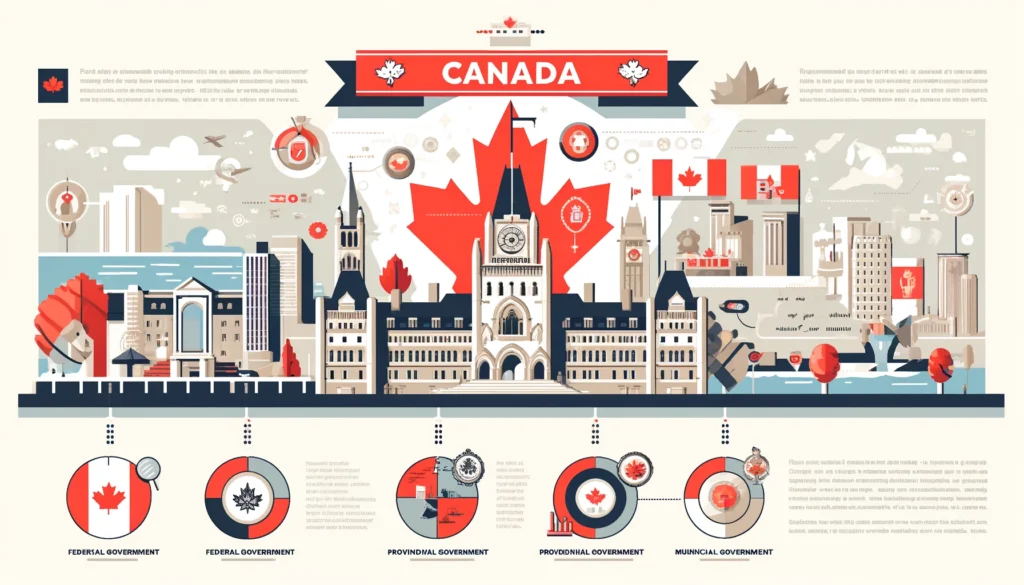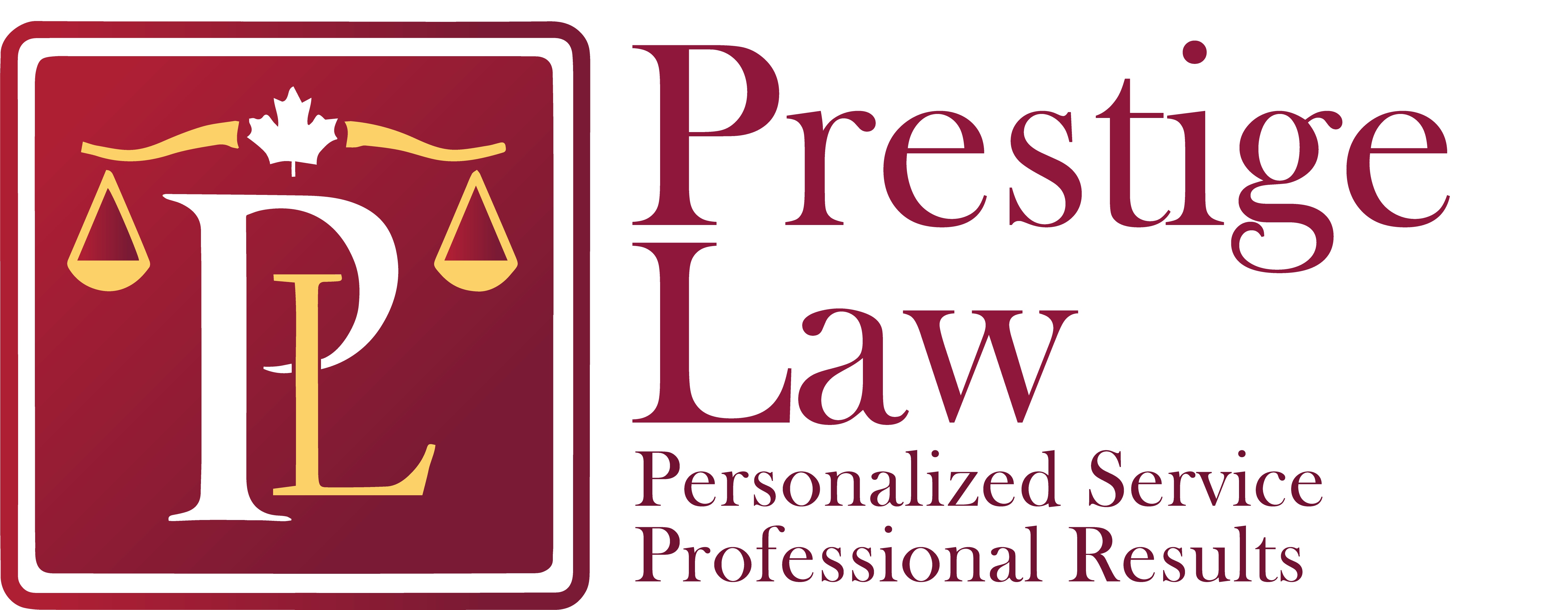Understanding Canada’s Political System: A Newcomer’s Guide

Understanding Canada’s political system is a crucial step for newcomers aiming to settle in and actively participate in their new community. Whether you’re exploring your role in Canadian society or preparing for citizenship, learning about the country’s political structure empowers you to make informed decisions.
In this guide, we’ll break down how Canada’s government works, the responsibilities of its leaders, and the role citizens—and future citizens—can play in shaping its democracy.
An Overview of Canada’s Political System
1. A Constitutional Monarchy and Parliamentary Democracy
Canada is both a constitutional monarchy and a parliamentary democracy.
- Constitutional Monarchy: While King Charles III is the symbolic head of state, Canada’s governance is led by elected officials.
- Parliamentary Democracy: Elected representatives make decisions on behalf of the people, ensuring fairness and accountability.
This blend of traditions and modern practices ensures stability and representation for Canadians.
Levels of Government in Canada
Canada’s government operates at three distinct levels, each with unique responsibilities.
1. Federal Government
- Oversees nationwide issues like immigration, defense, and trade.
- Headquartered in Ottawa, it consists of:
- House of Commons: Elected Members of Parliament (MPs) represent citizens.
- Senate: Appointed members review legislation.
- Led by the Prime Minister, the federal government shapes Canada’s national and international policies.
2. Provincial and Territorial Governments
- Manage regional concerns such as healthcare, education, and infrastructure.
- Each province or territory has a premier and its own legislative assembly.
3. Municipal Governments
- Focus on local issues like public transit, waste management, and recreational facilities.
- Cities and towns elect mayors and councilors to lead their communities.
Understanding Political Parties in Canada
Political parties play a vital role in shaping Canada’s government. The country’s multi-party system provides a range of perspectives and policies.
Major Political Parties:
- Liberal Party: Centrist policies, currently the ruling party.
- Conservative Party: Right-leaning, advocating for smaller government.
- New Democratic Party (NDP): Left-leaning, focused on social welfare.
- Bloc Québécois: Prioritizes Quebec’s interests and sovereignty.
- Green Party: Champions environmental protection and sustainability.
Understanding Canada’s political parties allows newcomers to align their values with those of the candidates they support.
How Elections Work in Canada
1. Eligibility to Vote
- Only Canadian citizens aged 18 or older can vote in federal, provincial, and municipal elections.
- Permanent residents cannot vote but are encouraged to stay informed and involved.
2. Voting System
Canada uses a “first-past-the-post” system:
- Voters elect one representative (MP, MLA, or councilor) per riding (district).
- The candidate with the most votes in a riding wins the seat.
Elections are held every four years at the federal level, but provinces and municipalities follow their own schedules.
Why Newcomers Should Learn About Canada’s Political System
1. Preparing for Citizenship
Understanding Canada’s political system is essential for newcomers applying for citizenship. The citizenship test includes questions about the structure of government and voting.
2. Accessing Services
Knowledge of government roles ensures you know where to go for healthcare, education, or community support.
3. Community Engagement
Being informed helps you participate in discussions, attend town halls, and advocate for issues important to you and your family.
How to Get Involved in Canadian Politics
Even if you’re not yet eligible to vote, there are ways to participate:
- Volunteer: Join campaigns or community initiatives.
- Stay Informed: Follow trusted news outlets like CBC or Global News.
- Engage Locally: Attend public meetings and connect with local representatives.
- Educate Yourself: Use resources from government websites to learn more about policies that affect you.
Tips for Staying Informed About Canadian Politics
- Official Websites: Visit canada.ca for accurate, up-to-date information.
- Local News: Follow regional news sources for updates on municipal or provincial matters.
- Community Groups: Join organizations that support newcomers in understanding Canada’s government.
Final Thought
Understanding Canada’s political system is not only beneficial for your integration but also empowers you to contribute meaningfully to your community. By learning about the structure of government, the roles of political parties, and how elections work, you’ll be better equipped to make informed decisions and actively participate in Canadian society.
Canada’s democracy values diverse voices, including those of newcomers like you. Whether you’re planning to vote in the future or simply want to understand the system, staying informed is your first step toward becoming an engaged and active member of this great nation.
Visit Our Website:- Prestigelaw.com




